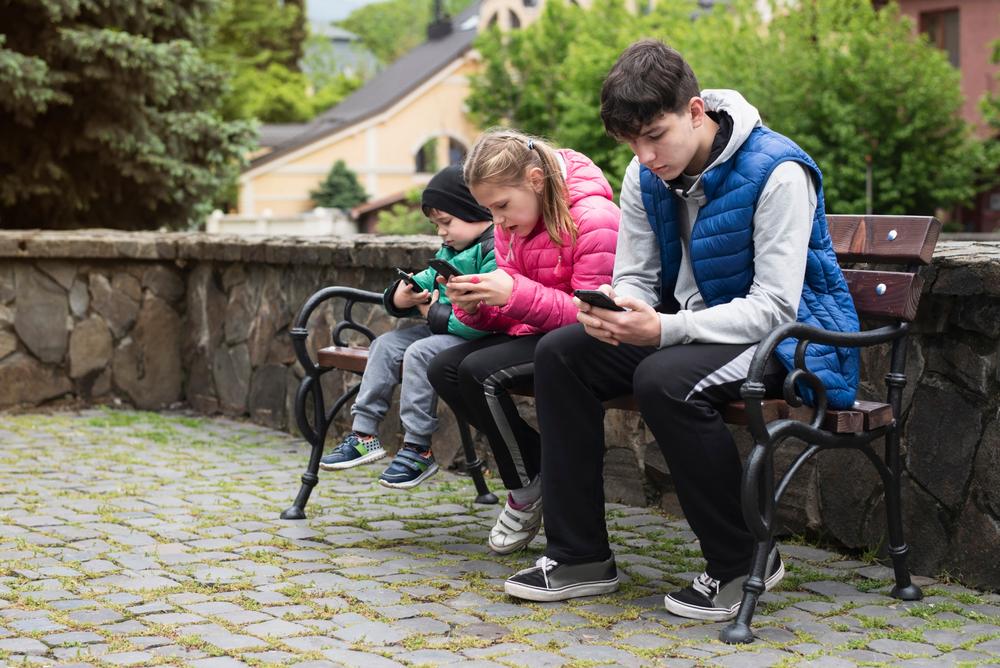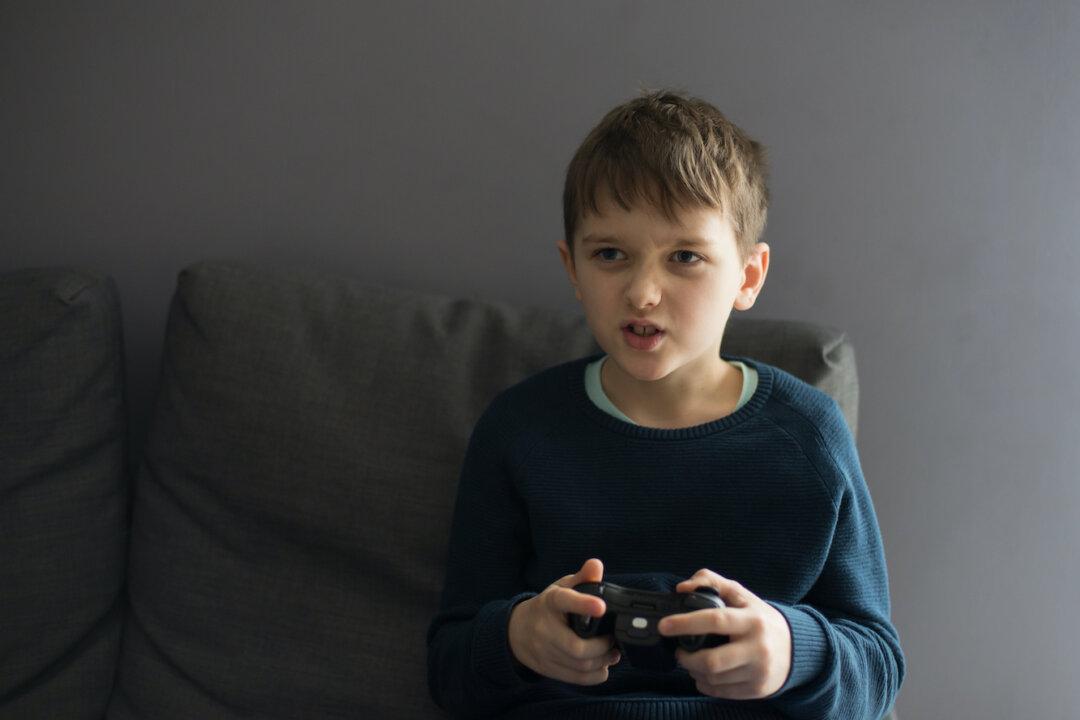“My kids have already watched three hours of TV today and it is only 9:30 in the morning.”
“It’s lunchtime and my tween daughter is still in her PJs. She has been glued to social media since she got out of bed—no, since she woke up and before she even got out of bed.”






